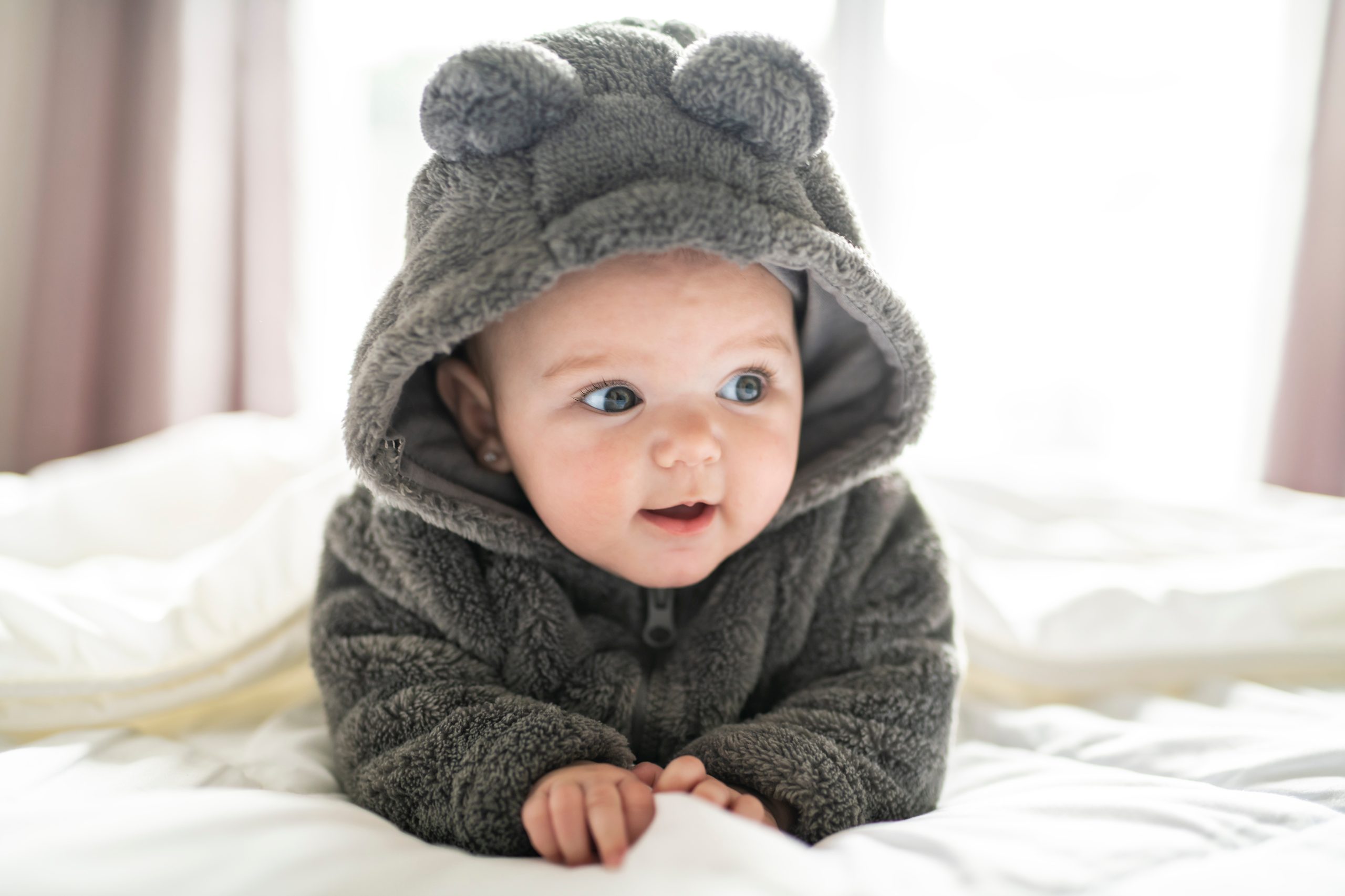Some baby names raise eyebrows—others raise legal concerns. Around the world, certain governments have stepped in to restrict names they believe are inappropriate, offensive, or just plain confusing. Whether it’s for cultural sensitivity, religious respect, or protecting the child from lifelong ridicule, these bans reveal just how seriously some countries take naming laws. While most parents want a name that’s unique or meaningful, it’s worth knowing there are limits in some places. These real-life examples might make you think twice before getting too creative with the birth certificate.
1. Nutella – France
In 2015, a French court ruled against naming a baby “Nutella.” The judge argued that naming a child after a chocolate spread would subject her to mockery and unnecessary ridicule. France has a long-standing history of regulating baby names to protect children’s well-being. The judge renamed the child “Ella” instead, stating it was more in the child’s best interest. While quirky names might feel fun, this case shows how far the law will go to protect a child from future embarrassment.
2. Brfxxccxxmnpcccclllmmnprxvclmnckssqlbb11116 – Sweden
Yes, that’s a real name attempt—though not one that lasted long. A Swedish couple submitted this unpronounceable jumble in protest of the country’s strict naming laws. Sweden requires names to not cause offense or discomfort, and this one clearly didn’t pass the test. The parents said it was to challenge the system, but the government wasn’t amused and rejected the name outright. It’s a reminder that even naming protests have limits in the eyes of the law.
3. Talula Does the Hula from Hawaii – New Zealand
This name sounds like a punchline, but it was no joke for the child who bore it. A New Zealand court intervened and gave the girl a new name, saying the original name caused her social struggles and embarrassment. New Zealand is known for banning names that resemble titles, numbers, or overly long phrases. This name made headlines and sparked debates about parental rights versus child welfare. The judge made it clear: creativity shouldn’t come at the expense of a child’s dignity.
4. Akuma – Japan
In Japan, one couple attempted to name their son “Akuma,” which translates to “Devil.” Government officials quickly stepped in and deemed the name inappropriate for a child. The name sparked outrage among citizens and was eventually banned to prevent psychological and social harm. In Japanese culture, names carry deep spiritual and societal weight, making “Akuma” especially problematic. This example shows how language, culture, and social norms shape what’s considered acceptable.
5. @ – China
One Chinese couple tried to name their child “@” (yes, the symbol). They claimed it was meaningful and pronounced similarly to “love him” in Chinese. But the government rejected it, stating that names must consist of characters from the Chinese language. The move sparked global curiosity, but ultimately, China emphasized the importance of language integrity. This shows that even symbols we use daily aren’t fair game when it comes to baby names.
Where Do We Draw the Line?
Naming your child can be one of the most meaningful decisions a parent makes. But these banned names show how some choices can cross cultural or legal boundaries. While creativity is encouraged, it’s important to balance that with your child’s future experience. Governments often step in not to limit expression but to protect children from lasting harm or ridicule. So, before you go too far off the grid with a name, consider how it might sound not just at birth—but in adulthood too.
Would you ever support legal limits on baby names? Why or why not? Share your thoughts in the comments—let’s hear what you think!
Read More:
5 Baby Names That Are Associated with Luxury Brands
15 Baby Names Handed Down From The Rich to The Poor

Latrice is a dedicated professional with a rich background in social work, complemented by an Associate Degree in the field. Her journey has been uniquely shaped by the rewarding experience of being a stay-at-home mom to her two children, aged 13 and 5. This role has not only been a testament to her commitment to family but has also provided her with invaluable life lessons and insights.
As a mother, Latrice has embraced the opportunity to educate her children on essential life skills, with a special focus on financial literacy, the nuances of life, and the importance of inner peace.

